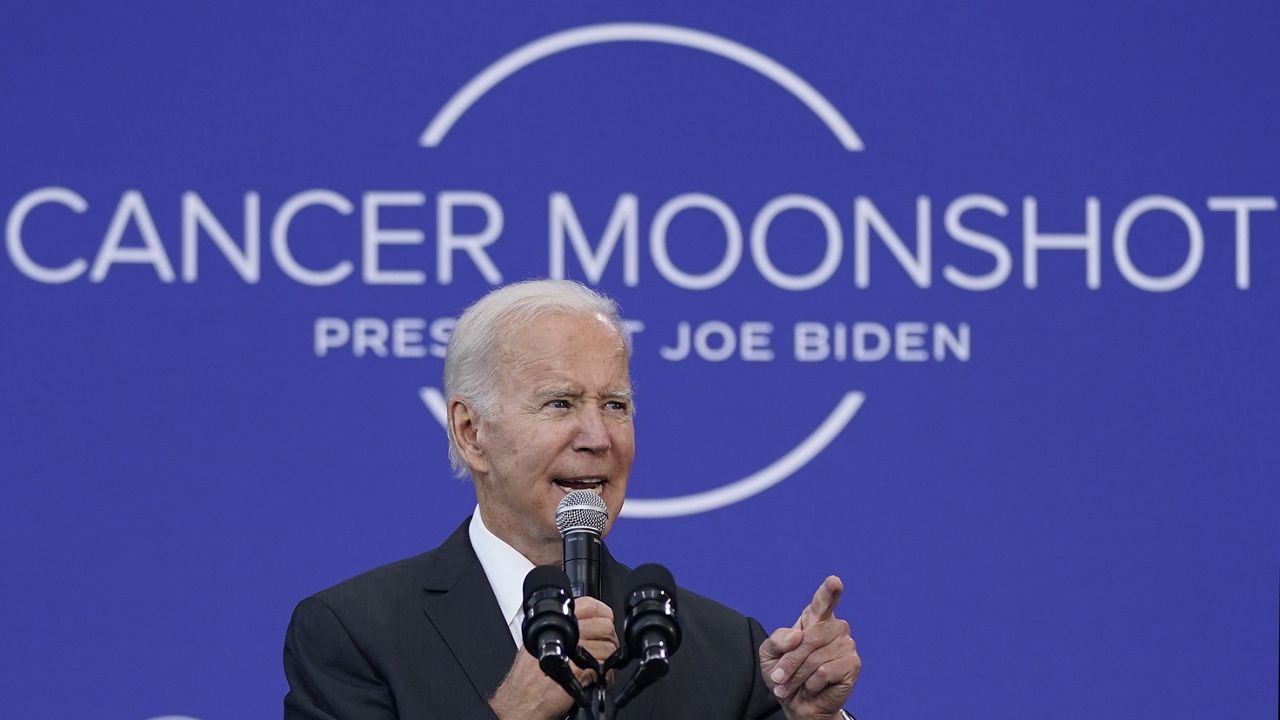Medicare will soon begin covering patient navigation services for people with cancer under a new rule implemented by the Biden administration as part of its Cancer Moonshot initiative.
What You Need To Know
- Medicare will soon begin covering patient navigation services for people with cancer under a new rule implemented by the Biden administration as part of its Cancer Moonshot initiative
- The White House also announced Wednesday it has put billing codes in place to allow private insurers to pay for navigation services
- The services help patients and their caregivers work through the sometimes-overwhelming and confounding process that follows a diagnosis, which includes treatment options, billing, child care, transportation and more
- The lack of a clear set of codes had prevented Medicare and other insurers from paying for navigation services, which left health care facilities unable to provide the services, the White House said
The White House also announced Wednesday it has put billing codes in place to allow private insurers to pay for navigation services.
The services help patients and their caregivers work through the sometimes-overwhelming and confounding process that follows a diagnosis, which includes treatment options, billing, child care, transportation and more.
The services lead to better outcomes, health officials said.
“With a patient navigator by your side, you’re never alone,” first lady Jill Biden said during a call announcing the actions. “Navigators guide patients and their families to the complex and exhausting world of cancer.”
The Centers for Medicare and Medicaid Services created new codes for navigation services on Nov. 2 and will start paying for the services on Jan. 1 for patients with cancer and other high-risk conditions such as HIV/AIDS and dementia.
“These new patient navigation services will make an enormous difference in the lives of those with cancer, and their loved ones,” said Chiquita Brooks-LaSure, administrator for CMS.
The Cancer Moonshot worked for six months with the American Medical Association to clarify usage of existing codes for navigation services. The AMA published new coding guidance Tuesday.
The lack of a clear set of codes had prevented Medicare and other insurers from paying for navigation services, which left health care facilities unable to provide the services, the White House said.
“Often, a cancer diagnosis can lead the entire community around a patient to face more questions than answers,” said Danielle Carnival, deputy assistant to the president for the Cancer Moonshot. “Not only are people living with cancers facing extremely difficult news, but then their caregivers are expected to become experts on the disease, on treatment options and side effects, and on insurance reimbursement, all while continuing to live their lives and work as if nothing has changed.”
The first lady gave some examples of the impact insurance coverage of patient navigation services could have.
“For the father who will be able to enroll in a cutting-edge clinical trial, one that could change everything because his navigator helped him find it,” the first lady said. “For the student who won’t have to miss class because her navigators helping her control the side effects of her cancer treatment. The grandmother who will be able to keep traveling and playing with her grandkids, who may sometimes even forget she has cancer, because a navigator helps her follow her treatment plan.”
The Beau Biden Cancer Moonshot initiative, named after President Joe Biden’s son, who died of brain cancer in 2015, was created through the 21st Century Cures Act passed by Congress in the final weeks of the Obama administration in 2016. The goal of the initiative is to accelerate the rate of progress made against cancer.
As president, Joe Biden relaunched the program in February 2022 and set a goal of cutting the country’s cancer death rate in half over the next 25 years.



